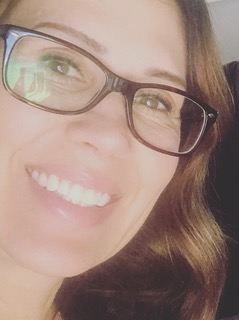 By Dina Lenning (Grade 3/4 Montessori Public School Teacher; MEd student in Imaginative Education)
By Dina Lenning (Grade 3/4 Montessori Public School Teacher; MEd student in Imaginative Education)
As a teacher, assessment was always something I dreaded. I found it time consuming (too much marking!) and not as informative as I would have liked. As a student I had been petrified of assessment, not only because test anxiety is a real thing, but ultimately I saw it as a form of judgment–and mostly negative.
I recently discovered I was not alone in these feelings. It was revealed to me in an assessment course during my first year of my MEd in Imagination Education (IE) that 90% of the cohort described these same feelings of fear and panic when sharing their stories of assessment. Why was this? Why do so many of us still have sleepless nights and stomach aches when faced with an upcoming assessment academically or professionally? When I asked my cohort members to elaborate, the most common responses were: I feel judged; I see critical faces, I think they are defining me as a person by my work.
Moving through the course, I began to understand why we all had these negative feelings around assessment. When asked to reflect on my interactions with assessment while moving from grade to grade, I confirmed that it was actually a very poor picture of assessment that I had formed, and only part of assessment’s effective purpose. We had all received comments or other illegible red pen marks on papers at some point in the middle or high school years, or had been told, “Wow, that’s great!” to something we did in the primary grades, but we were not often given valuable feedback from the assessment. Looking back, I couldn’t recall a time when I was told exactly what I did right, where exactly I could improve, or when I had been given a chance to revise (maybe multiply times if necessary) to bring about something that was really my best work, built largely on assessment and feedback from others.
I continued to ponder the idea that students going through educational systems were/are not taught about the power of assessment and its ability to make you better at ANYTHING. In reviewing my own 10-year teaching career it was clear I had done the same as my own teachers: gave tests, took marks, wrote reports, and moved on. Slightly mortified that I was perpetuating this cycle of fear and anxiety, I decided on a new goal, and although lofty, I knew that I had to have students understand that the powerless feeling they harboured around assessment could be changed to that of a powerful one.
When sitting down to plan what I was going to do and where to start, I went back to the answers from my cohort. All the responses shared something I was newly familiar with: cognitive tools of the body, or what IE calls “Somatic Cognitive Tools“. Each response told me my colleagues felt the negative feelings of assessment in their guts (bodily senses), their emotions were highly involved, there had been a pattern created: assessment is bad. I then knew the only way I was going to flip this common scenario was by using cognitive tools.
I wanted to start simple, and made a short checklist using the cognitive tool Graphic Organizers. I wanted students to be introduced to assessment by learning more about their own learning preferences. I decided to tap into the Somatic Cognitive Tools as I wanted them to feel something positive from the experience.
I didn’t realize how powerful this simple, short check list would be until I used it.
First off, students were able to share their feelings about their learning preferences through these simple contexts. Second, my students were telling me what cognitive tools could help them learn best, which would make my lessons more impactful. Third, many of my students had not made these connections regarding their bodily senses and their learning before. To be heard, understood, and then validated though lessons that met their learning needs was an extremely positive experience for them.
THIS is what I want my students to understand: assessment is a powerful and beneficial tool for all involved.
I was learning from them; they were learning about themselves. And this was just the start. With the success of the self-assessment success in mind, I moved to a peer assessment model we could use with our writing:
This was another really exciting and impactful assessment/feedback lesson. The writers were asked to find three different people to assess and give feedback on their stories. The fact that they were asking each other instead of being told was new to them, but a very important piece of assessment and feedback that I was trying to embed. The way the stories grew and changed, ALL for the better, was fantastic. Our library expanded, students would automatically grab the assessment sheet and start looking for feedback from peers after each writing block. This showed me that students were feeling positive about assessment and feedback so far.
They were recognizing that others’ ideas were valuable and that new ideas could be connected and imagined into other ideas. They were working together, supporting each other, all in the name of assessment and thanks to cognitive tools!
If you are like me (the overworked, often overwhelmed ‘CEO’ of a classroom that is always changing along with district and administrative requirements) you are thinking: No way. I cannot add “one more thing” to an already packed curriculum. And that is where I would say to you that it’s not really one more thing, but part of what you are already doing AND highly connected to the BC New Curriculum’s Core Competencies.
Assessment and feedback allow students to explore many of the core competencies, including these three:
- Connect and engage with others (to share and develop ideas)
- Collaborate to plan, carry out, and review constructions and activities
- I can give, receive, and act on feedback.
I truly believe we can eliminate and/or ‘reset’ the current feeling of anxiety and fear around assessment if we take the time to show/teach that it is a powerful tool in the progression of all our work. I suggest that teaching the importance and benefits of assessment and feedback is so important that it should be a main focus in the first few weeks of school. I will continue to do this by:
- Using student learning style checklists at the beginning of the year
- Sharing the benefits of assessment by showing “Austin’s Butterfly: Building Excellence In Student Work”
- Including peer feedback on all student projects
- Using “exit tickets” to assess and get feedback on my lessons
Austin’s Butterfly: Building Excellence in Student Work from EL Education on Vimeo.
This is a start and a lot to incorporate, but I know that these 4 opening strategies will lead to more and I am excited about that. My goal is to have students feel comfortable with assessment/feedback, and eventually embed a routine in all that they do to ask a peer: “Could you take a look at this and let me know what you like and where you think I could improve?”
Just imagine if we could all walk around with this cultivated and practiced confidence around assessment! What a wonderful world it would be.
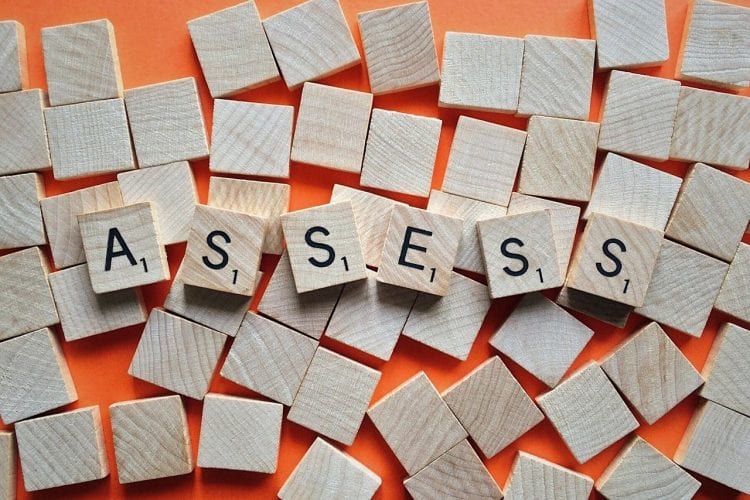
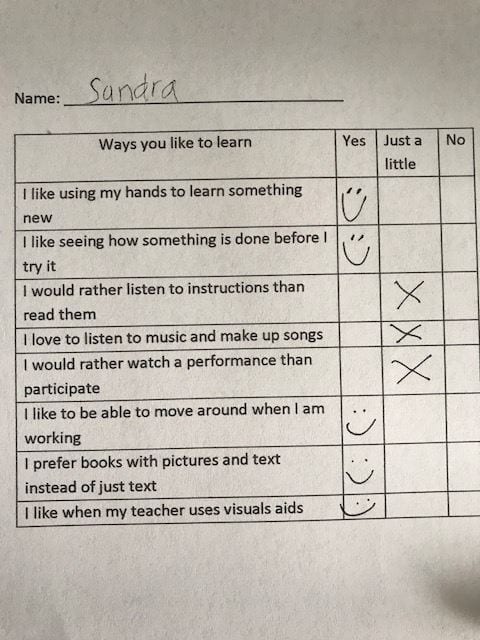
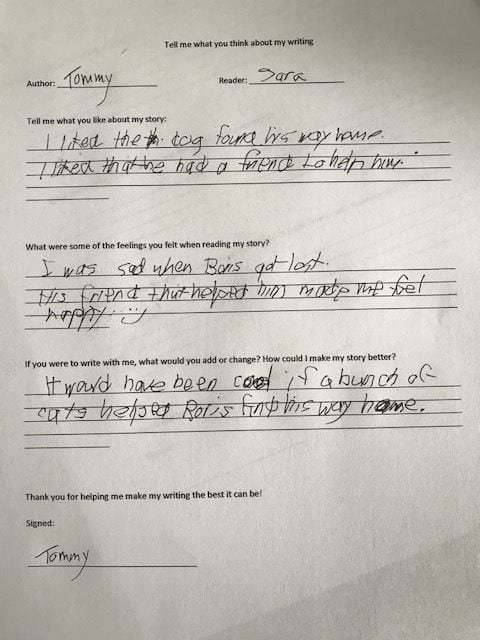
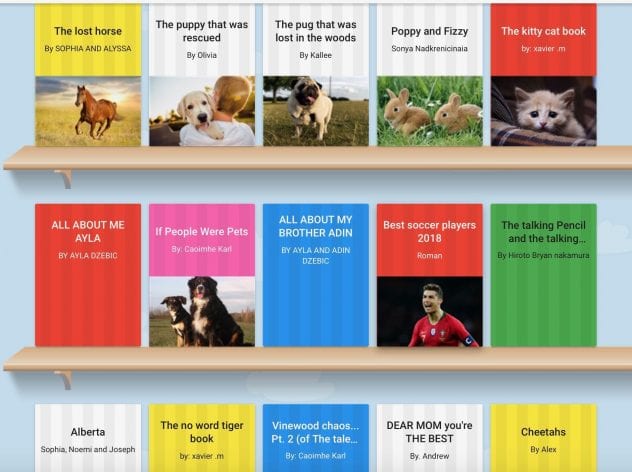

Congratulations on this fine work, Dina!
In addition to all the fine ideas I encountered in your blog post, I found myself experiencing parallel/extending/reflective ideas stemming from your own. This, we will all agree, tells me that your ideas are engaging and imaginatively stimulating! Go YOU!!!
A thread I kept realizing throughout your ideas on assessment and anxiety was the way each intervention established more and more relationship between you and your students, between the students and each other, and between the students and their inner selves. Surely, there is something important going on here regarding the use of relational assessments to lesson/assuage the anxiety felt by both students and teachers.
Also, your work caused my head to explode with ideas around “Imaginative Formative Assessment” … applying metaphor, and binaries, and heroic qualities, and….
Maybe you’ll write that one next: maybe we’ll write it together. 🙂
Hi Tim,
Thank you for your feedback (I like to about mind explosions regarding IE and assessment)!
And yes, you are right!– This ‘experiment’ in self and peer assessment DID lead to richer relationships. It was the added bonus, and upon reflection, maybe the whole point in creating the safe environment that would cultivate an ongoing sense of comfort/confidence to ask others for assessment and feedback.
I look forward to checking out some of your work, and yes I may be dig deeper into this for my Action Research next year. Stay tuned 😉